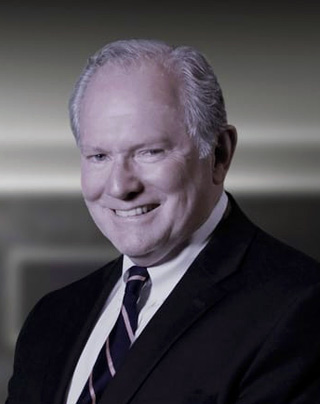Fraser C. Henderson, Sr., M.D.
- Board-certified Neurological Surgeon, Fellowship-Trained Spine Surgeon.
- Clinical Professor, Department of Neurosurgery, University of Maryland School of Medicine
- Director, The Metropolitan Neurosurgery Group, LLC
Fraser Henderson was foreman on a cattle station in the Outback of Australia before receiving his bachelor’s and Medical degree at the University of Virginia, Charlottesville VA. He served for with the Multi-National Peace Keeping Force in Beirut, earning the Navy Commendation Medal for preparedness of and treatment of mass casualties following the terrorist bombing attack in Beirut, Lebanon, in October 1983. After completing his residency under Phanor Perot at the Medical University of South Carolina, he returned to complete his active duty obligation at the National Naval Medical Center, Bethesda, MD, as Director of Spine. He was Brigade Neurosurgeon for the 4th Marine Expeditionary Brigade in Desert Shield and Desert Storm during the 1st Gulf War. He then completed a fellowship in Craniospinal surgery under Professor Alan Crockard at The National Hospital for Neurology and Neurosurgery, Queen Square, London.
Finishing his tour with the US Navy, Commander Henderson joined Georgetown University, in Washington D.C. as Director of Neurosurgery of the Spine and Cranio-cervical Junction. He was Co-Director of the Lombardi Neuro-Oncology Division, Co-Director of the CyberKnife Radiosurgery Center, and Medical Director of the Neuroscience Nursing Units. He was Professor of Neurosurgery and Radiology at Georgetown University, where he was active in advancing CyberKnife radiosurgery for treatment of chordoma and other complex spinal tumors. He developed intellectual property for three inventions relating to spinal radiosurgery and spinal cancer, including the TPS® –Telescopic Plate Spacer- a vertebral replacement device for metastatic disease and was Principal Investigator in the translational development of a radio-sensitizing drug, and a drug to block the malignant invasiveness of Glioblastoma Multiforme.
Dr. Henderson entered private practice in Bethesda, Maryland, as Director of Neurosurgery at Doctors Hospital and Director of the Chiari Center of Excellence, where he is focused on the development of the understanding and treatment of deformity induced injury to the brainstem and spinal cord in Chiari Malformation and Ehlers Danlos Syndrome. He is inventor of 11 devices and concepts relating to disorders of the brainstem and spinal cord, and has published over 50 peer reviewed articles and book chapters, and given over 120 invited lectures with a focus on craniocervical disorders, Chiari malformation, cancer, radiosurgery and unusual problems of the spine.



